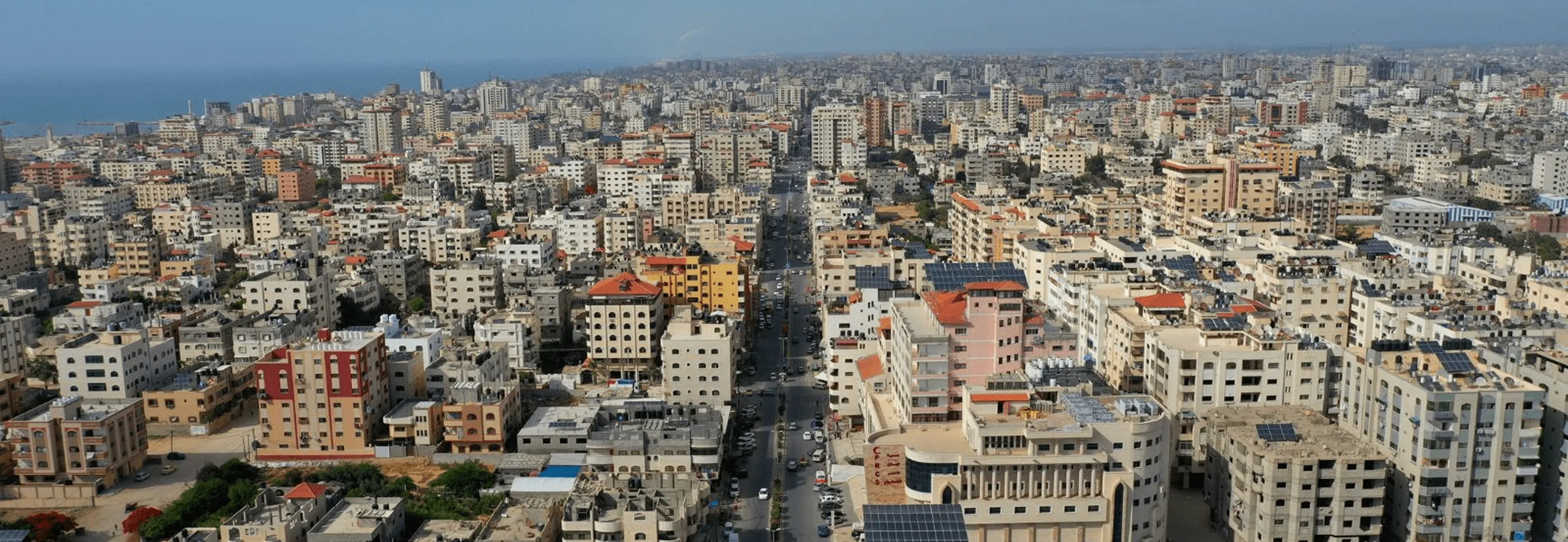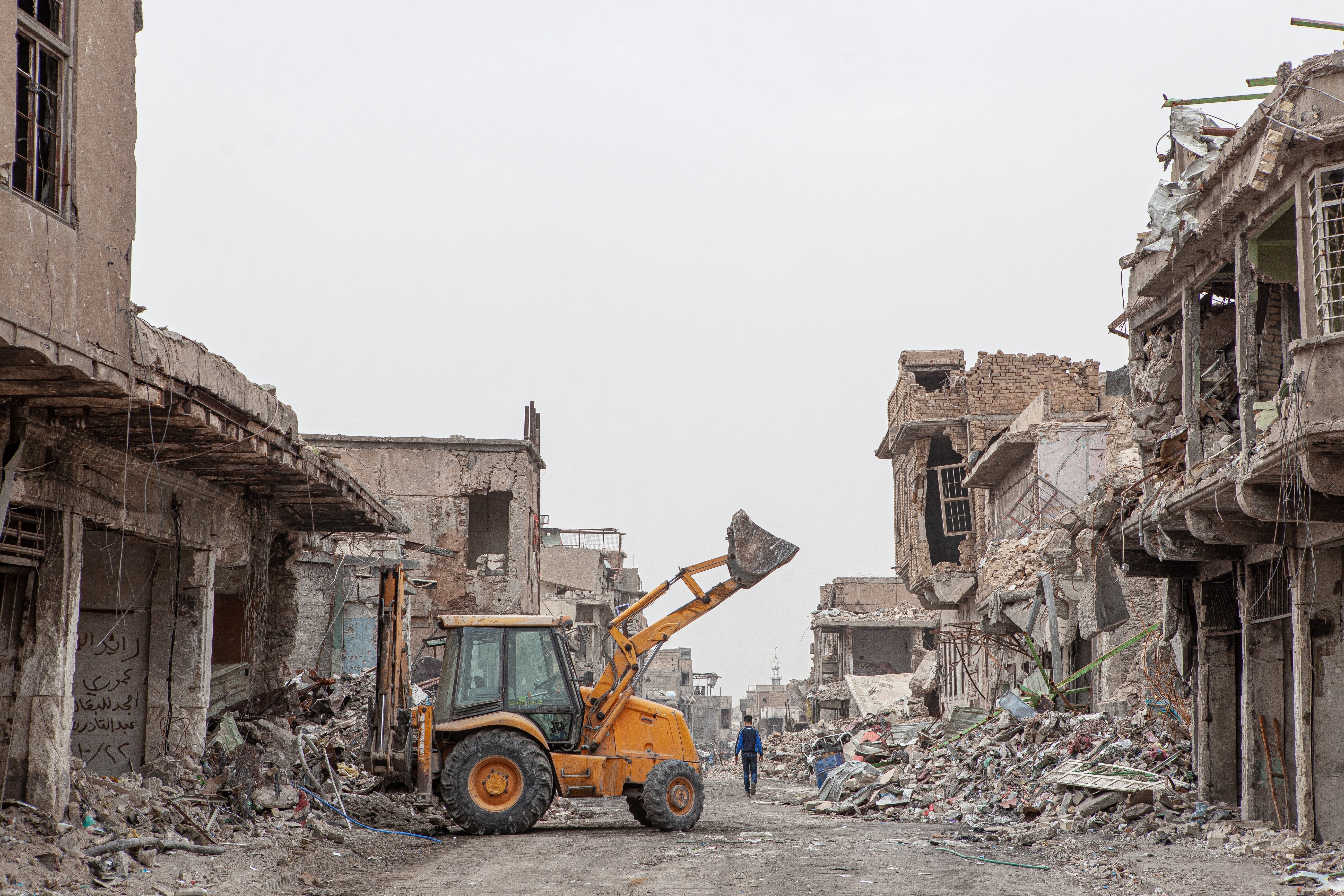
Iranian Legislative Election: Toward A Reconfiguration Of The Political Elite
REPORT AT A GLANCE
During the 41st anniversary of the Islamic Republic of Iran, Rūḥānī claimed: "The revolution happened because the gate for elections were locked. The closure of the path of elections led people to tear down the shackles through a great revolution (…)".[1] Through these words, the Iranian president addressed a veiled yet strong warning at the Rahbar-e Enqelāb Khāmeneī: if the regime intends to heal the divide between the ruling elite and the population, it must hold free and fair elections. Since the results of the recent legislative election will ultimately impact the future of Iran-EU relations, this paper suggest that the European Union must redouble its efforts in negotiating with the Islamic Republic of Iran to promote a positive change in the country.
KEY TAKEAWAYS
- On 21st February 2020 legislative election took place in Iran.
- A second round is planned on 17th April in the constituencies where no candidate won the 20 percent required to win a seat.
- Conservative formations score a resounding victory.
- The Guardian Council of the Constitution prevented moderate and reformists figures to take part in the election.
- Numerous activists called to boycott of the election as a strategy of civil disobedience.
- The turnout reached its lowest level in the history of the Islamic Republic.
- The election appears as the first step of a reconfiguration of the Iranian political elite, foreshadowing a step backward toward authoritarianism.
- The result of the election is likely to impact the future of Iran-EU relations as it is likely to prelude the 2021 presidential election.



.jpeg)